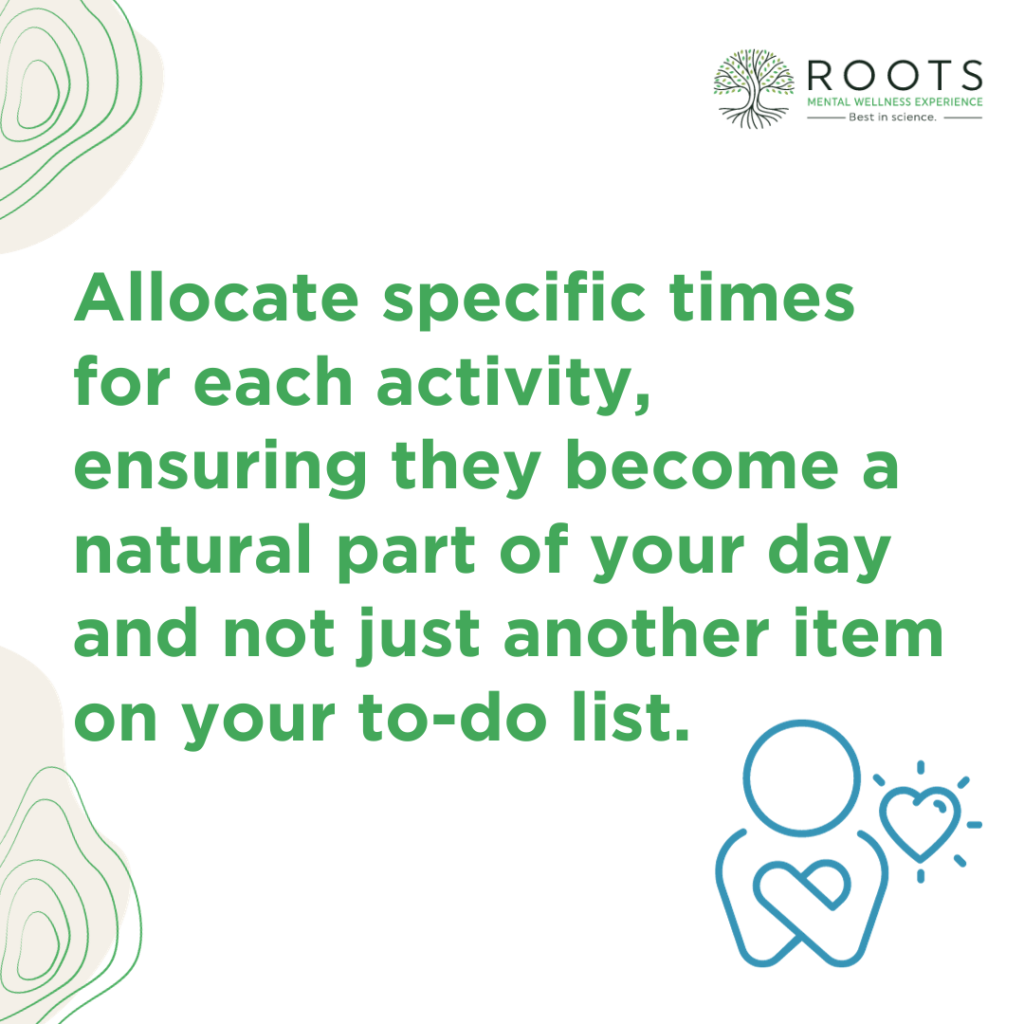Taking the brave decision to start your recovery journey is genuinely admirable. However, to maintain sobriety, you must create a lifestyle that continually nourishes and strengthens your commitment each day.
After undergoing addiction treatment, many individuals, especially in places like Long Beach, face daily challenges threatening their hard-won progress. To maintain recovery, it’s vital to create an environment and routine filled with healthy habits that not only bolster mental well-being but also equip one with tools for relapse prevention.
This article delves into actionable habits that can enhance one’s emotional, mental, and physical health, ultimately paving the way for a sustainable, substance-free life. So, let’s dive in and explore the transformative power of these practices.
The Role of Habits in Sobriety
For anyone on the journey of addiction recovery, understanding the mechanics of habits can be a game-changer. At their core, habits are automatic behaviors or routines we’ve developed over time, often in response to specific triggers or cues.
They serve a functional role, helping us streamline our lives, reduce decision fatigue, and often offer a sense of reward. But what makes them so critical in the context of sobriety?
Psychological and Physiological Impacts
From a psychological standpoint, habits create predictability in our lives. This consistency can be comforting, especially during the tumultuous times of early recovery.
Physiologically, our brain loves habits because they conserve cognitive resources. When a behavior becomes a habit, the brain doesn’t need to work as hard, making the action easier over time.
For those in recovery, forming new, healthy habits can rewire the brain, gradually reducing cravings and the desire for old, harmful routines associated with substance use.
Cue, Routine, Reward – The Habit Loop
To genuinely harness the power of habits, it’s essential to understand how they work. Every habit operates in a three-step loop:
- Cue: This is the trigger that initiates the behavior. In addiction, a cue might be stress, leading to the routine of substance use.
- Routine: The behavior or action you automatically take following the cue.
- Reward: The positive feeling or relief you get after performing the routine. Over time, our brain starts craving this reward whenever the cue appears, solidifying the loop.
But here’s the good news: while habits might be stubborn, they’re not set in stone. One can start reshaping the routine by recognizing the cues and rewards in undesired habits.
10 Healthy Habits to Maintain Sobriety
Navigating the path of addiction recovery requires resilience, dedication, and the proper support. Introducing specific healthy habits can ensure you remain grounded and focused on sobriety. Here are some essential practices that can help:
Get Sufficient Sleep
Sleep is a cornerstone of good health. For those in recovery, quality sleep can enhance mood, reduce cravings, and strengthen cognitive functions. It allows the brain to heal and recharge, ensuring you start each day with clarity and vigor. Prioritizing a regular sleep schedule and creating a conducive sleep environment can work wonders in the long run.
Cooking Nutrient-Rich Meals
The food you consume plays a direct role in your overall well-being. Cooking and consuming nutrient-rich meals can help repair the body after substance abuse damage. Moreover, cooking can be therapeutic, providing a sense of accomplishment and purpose.
Technology Detox
In our digital age, getting sucked into the virtual world is easy. Regular breaks from screens – be it your phone, computer, or TV – can help reduce stress, improve sleep, and foster real-world connections. Setting aside specific tech-free hours daily or engaging in regular digital detox weekends can be incredibly refreshing.

Nature Walks
Connecting with nature has a myriad of benefits. Nature walks can reduce anxiety, enhance mood, and provide a fresh perspective. The tranquility and beauty of nature can act as a serene backdrop for introspection, aiding in the recovery process.
Creative Outlets
Engaging in creative activities – painting, writing, music, or crafts – can be a therapeutic outlet for expressing feelings and emotions. It provides an avenue to channel energies positively, offering solace and a sense of accomplishment.
Practice Gratitude
Gratitude can reshape one’s outlook towards life. Daily reflecting on things you’re thankful for can enhance mood, foster positivity, and provide a broader perspective on life beyond addiction.
Volunteer Work
Giving back to the community can instill a sense of purpose and connection. Volunteering provides an opportunity to make a difference while diverting the mind from cravings or triggers. It’s a win-win for mental well-being and the community at large.
Financial Planning
Substance abuse often wreaks havoc on one’s finances. Taking control of your financial situation by budgeting, saving, and planning can restore a sense of control and reduce stress. It’s not just about money; it’s about rebuilding and securing your future.
Time Management
Start with clear, reachable goals for your habits. If you’re eyeing nature walks, decide the frequency and duration. Remember, not every habit demands daily attention; some might be weekly or monthly.
Prioritize habits based on their importance to your well-being. Most importantly, allocate specific times for each activity, ensuring they become a natural part of your day and not just another item on your to-do list.
Get Professional Help
While building habits is crucial, there’s undeniable value in seeking expert advice. Here’s why:
Self-help is a great starting point, but professionals can offer structure and direction, particularly when you’re just beginning your journey.
Specialists, like those in addiction treatment in Long Beach, design strategies specific to your needs, building on your strengths and addressing your challenges.
Maintaining sobriety can be challenging. But, having good habits can help. Doing things like getting enough sleep, spending time outside, or even planning your day can make a difference. And if things get tough, remember there are professionals in Long Beach ready to help. So, keep those habits going, and if you ever need a hand, don’t be shy to ask.
Want more support? Connect with us at Roots Through Recovery.



